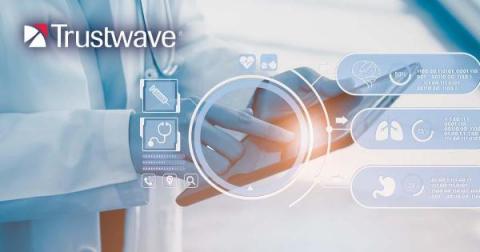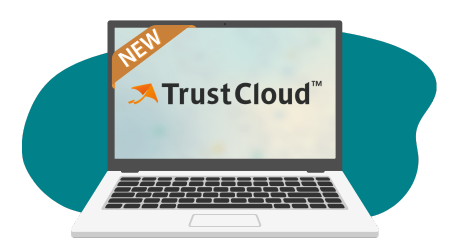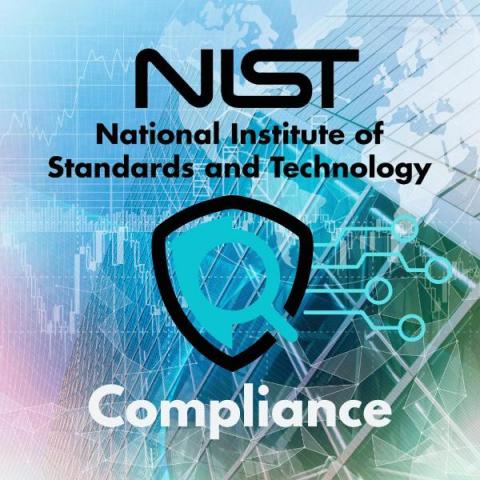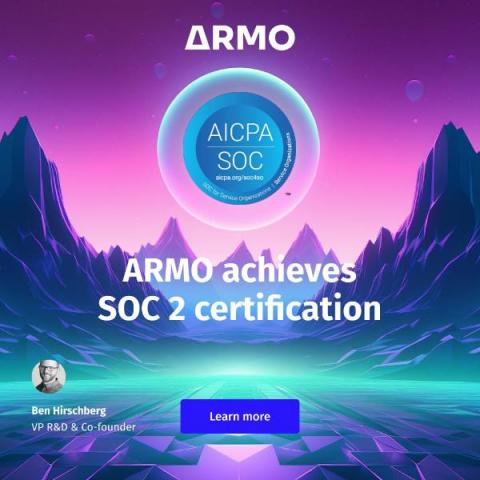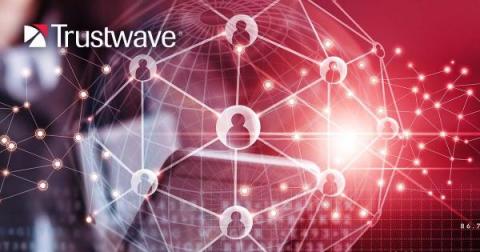Safeguarding Patients' Personal Health Information: 7 Steps to Achieving HIPAA Compliance with Trustwave DbProtect
The Health Insurance Portability and Accountability Act, best known as HIPAA, is one of the most well-known healthcare privacy laws in the United States. The primary objective of HIPAA is to safeguard patients' Personal Health Information (PHI). HIPAA's Security and Privacy rules establish guidelines for protecting Electronically Protected Health Information (EPHI), and Trustwave DbProtect is a powerful tool to help achieve this goal.


